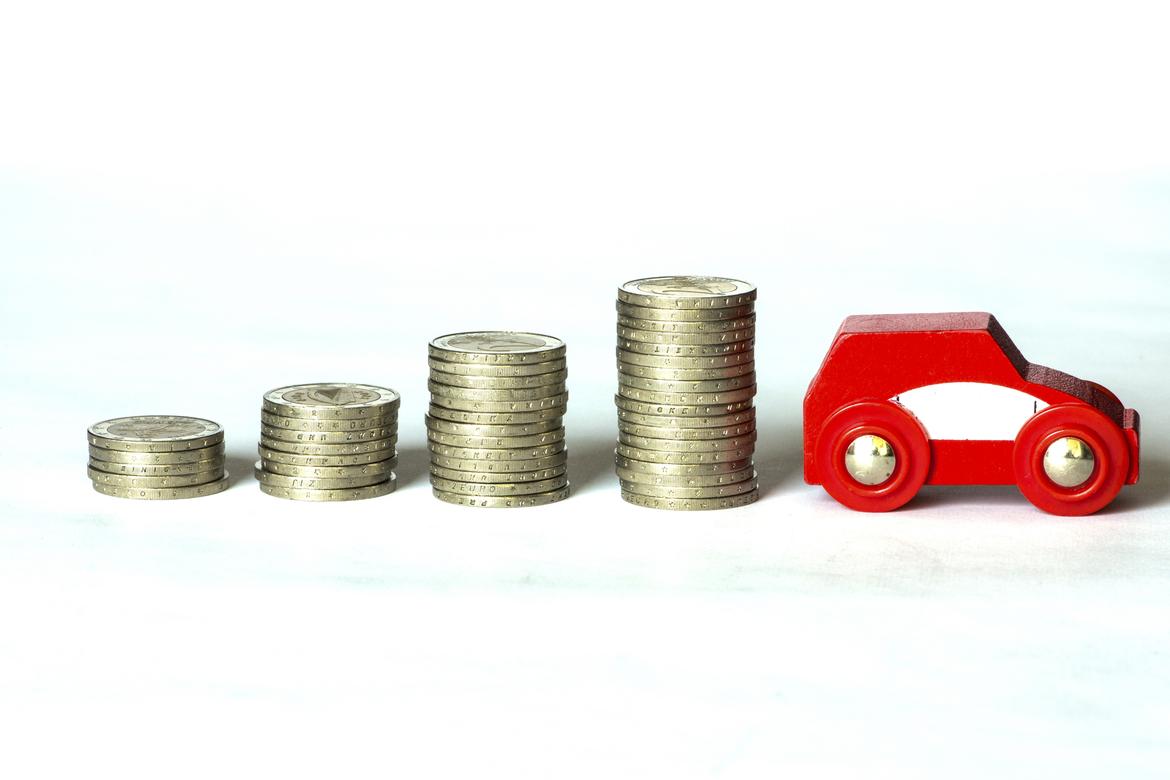
Car buying can be confusing in the best of times. You have to be even more careful when incentives (whether they are cash-back deals or reduced finance rates) can obscure how much you're really paying.
Related: Understanding Factory-to-Dealer Incentives
If you decide to take a rebate, the dealer may insist that it's the best deal you're going to get, hoping you'll leave it there and sign up for the dealership's financing.
Remember, though, that rebates are offered by the manufacturer, and that money doesn't come out of the dealer's pocket, so you may still be able to negotiate a better price.
Experts advise setting a final price for the car first, then calculating the rebates or financing from that point. Incentives often make consumers forget about trying to get the best overall price, sometimes helping dealers to sell cars at a higher price than they might have without the incentives. How is that possible? By getting the buyer to focus on the monthly payment and not the overall cost of the car, including interest charges.
Another sticking point about low-interest financing is that you must be approved for them, after a credit check. If your credit record is spotty, don't count on getting those low rates. People with poor credit generally pay higher rates for financing.
The lowest rates may apply only to the shortest loans, generally four years. Beyond that, rates tend to rise. Ask to see if the best rates apply to what you want to buy and what the limits are on any financing deals.
For many automakers, incentives are used to persuade shoppers to purchase a slow-selling model or to help sell off inventory; if a model is already a big seller, incentives are harder to find.
If you think you've walked away with a good deal on the price, rebate and financing, stay sharp through the financing department. Think carefully before agreeing to high-margin extended-service warranties and credit life insurance offers; they may be unnecessary for you. Some shoppers are looking for more peace of mind; if you're not one of them, decline those offers.
One approach that's gained popularity: Market research shows that car buyers often put a big chunk of their rebates into moving into a higher trim level of the car they want or use it on other vehicle upgrades.
Getting your best deal is always a complex dance between the model you want, demand for that vehicle, dealer inventory and the available incentives, including manufacturer-to-dealer incentives.
If you have a vehicle to trade in, conduct that transaction last and don't talk about it until you've settled on a price for the vehicle you want. Otherwise, it helps the dealer determine how much you can afford and whether the trade-in value of the car can be introduced into the equation, which can confuse matters.
's Editorial department is your source for automotive news and reviews. In line with 's long-standing ethics policy, editors and reviewers don't accept gifts or free trips from automakers. The Editorial department is independent of 's advertising, sales and sponsored content departments.


